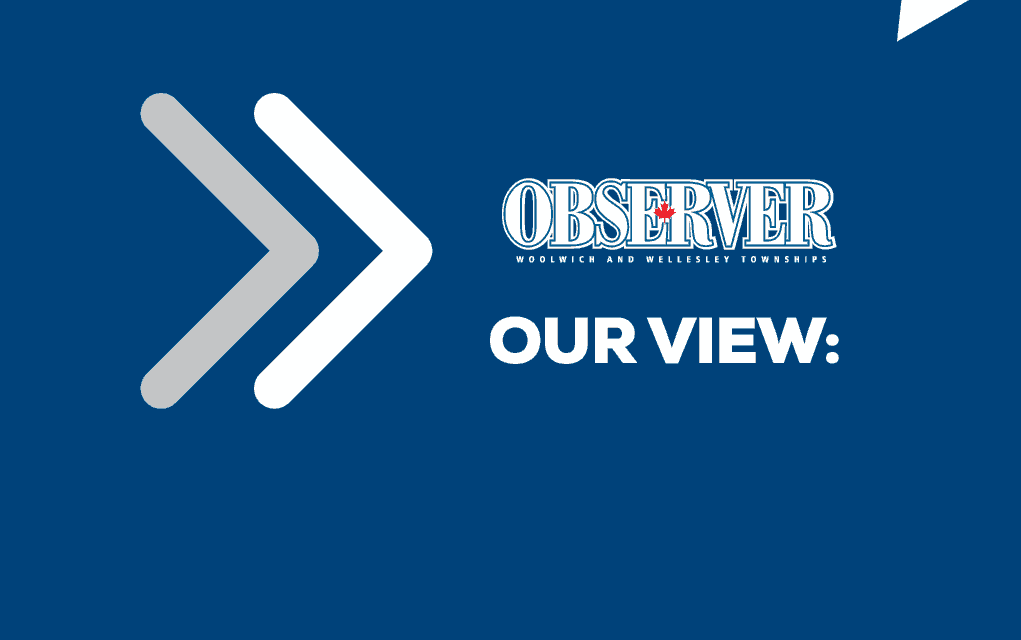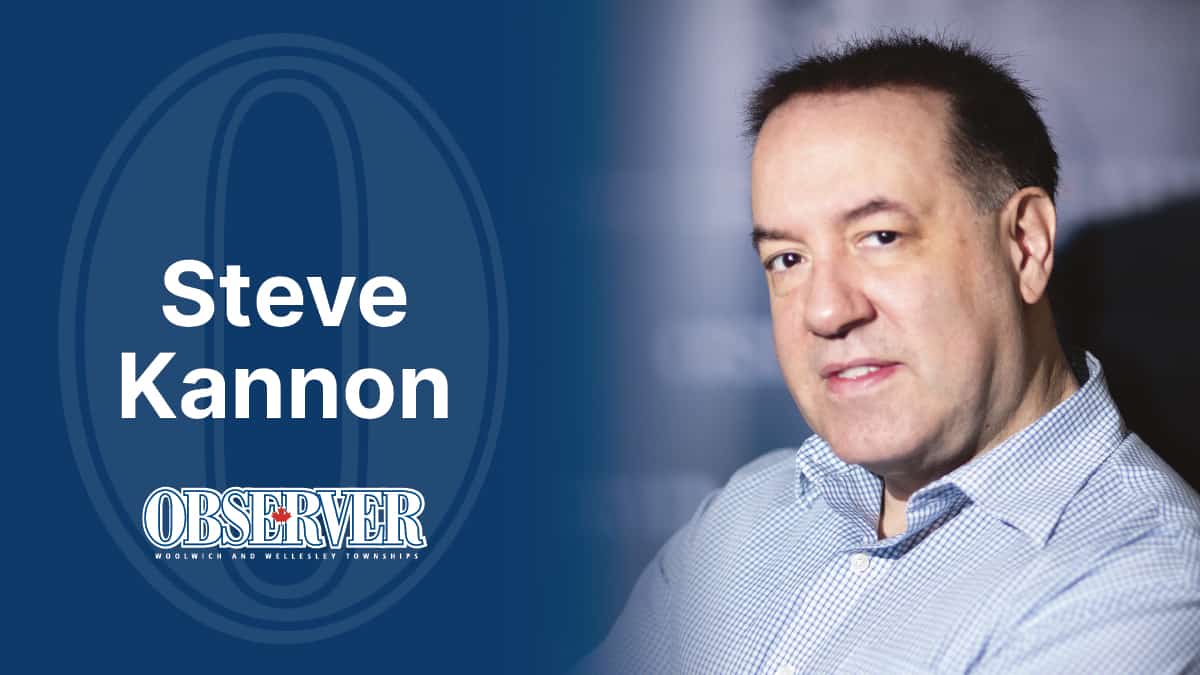;
;
;
Next Article
A different take on Canada Day this year

Given the failures related to the pandemic and vaccine rollout in Waterloo Region, who gets fired? Asked to resign? Sanctioned? The questions are rhetorical, as accountability to the public is never on the agenda where local municipalities are concerned – the thought has yet to occur to regional off
Last updated on May 03, 23
Posted on Jul 01, 21
5 min read
